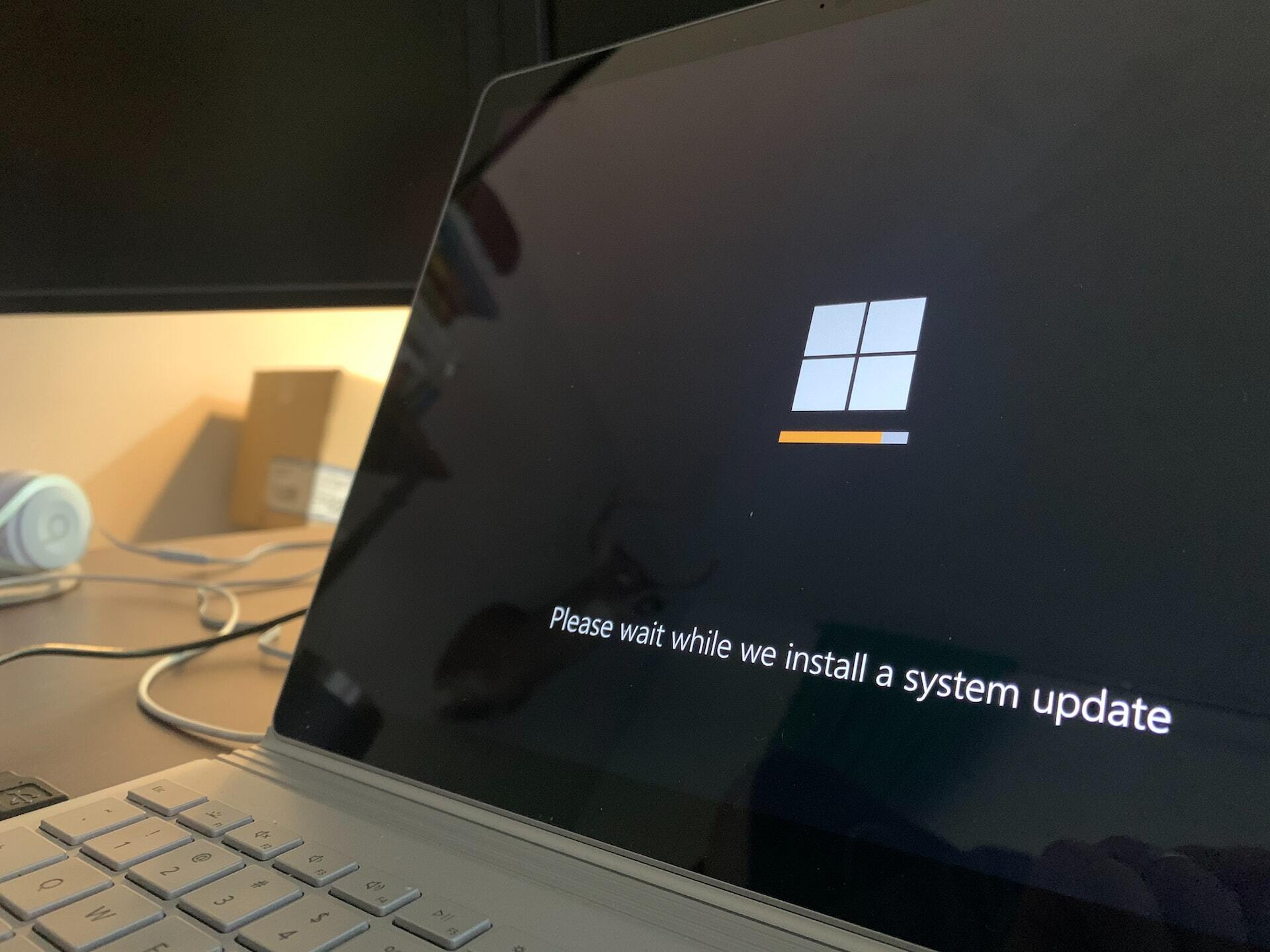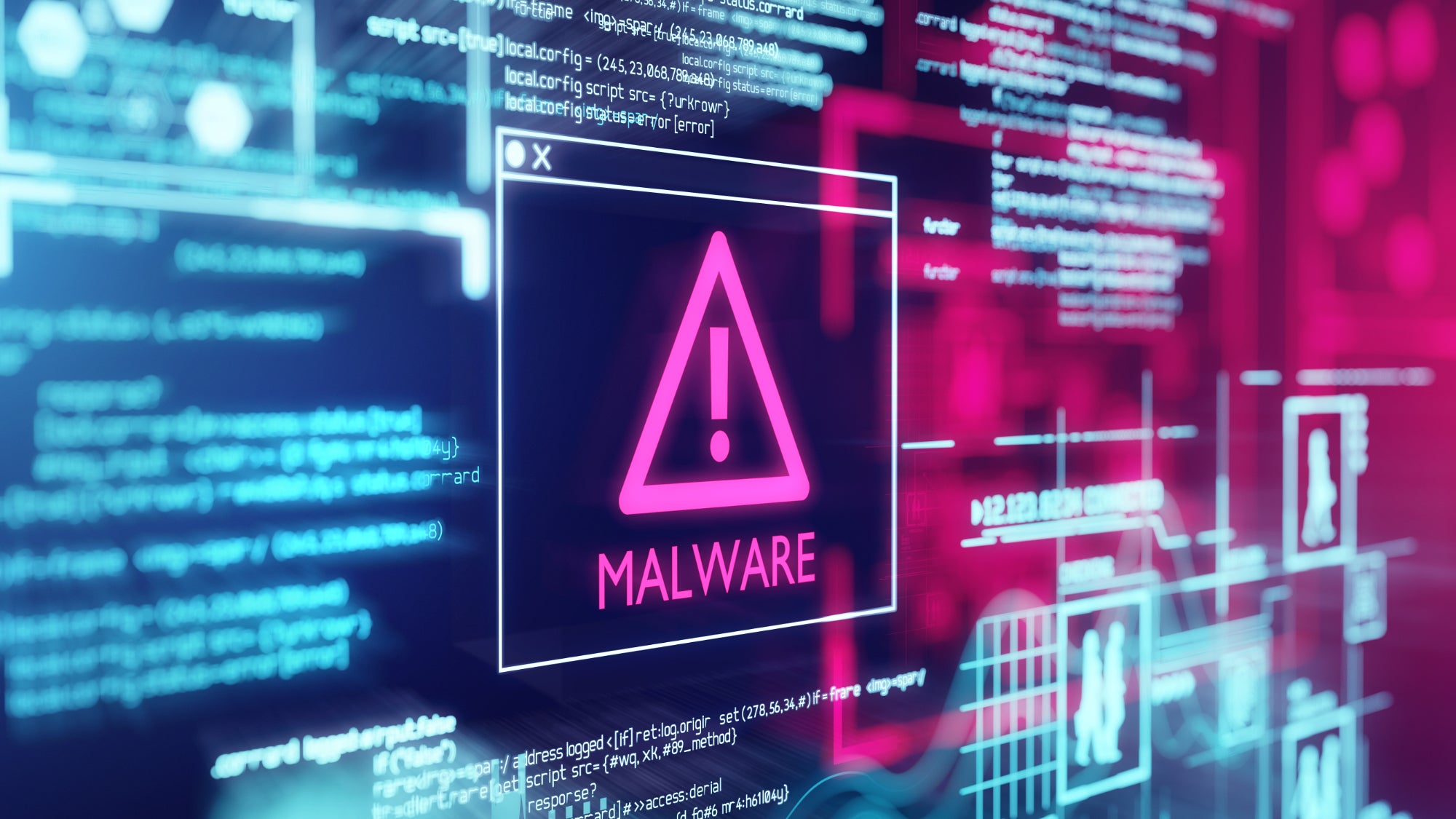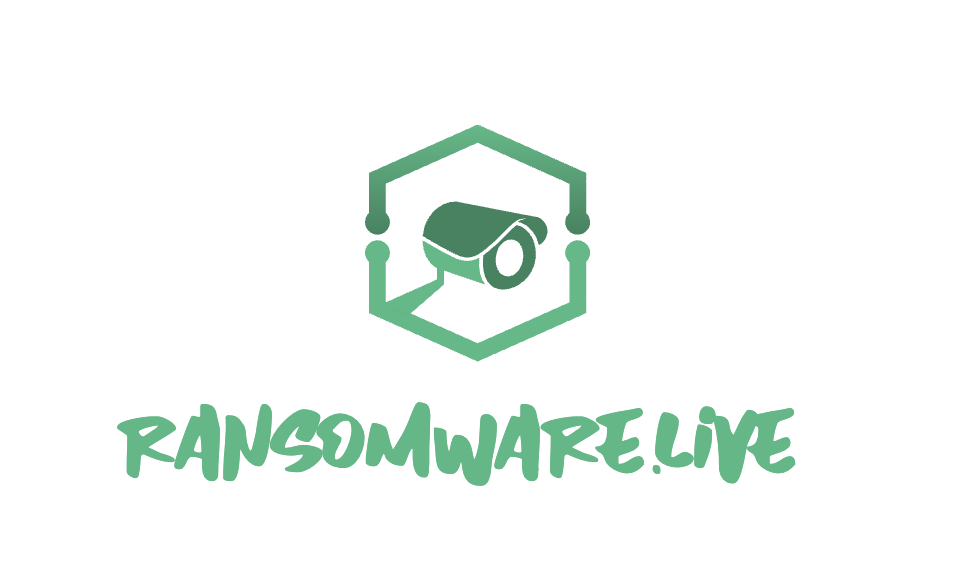Volkswagen, the automotive giant, finds itself at the center of a large-scale cyber operation, with suspicions pointing toward hackers operating from China. The Volkswagen cyberattack, which occurred over a decade ago but continues to reverberate today, sheds light on Chinese hackers and their espionage activities.
The stolen data from the multiple-year Volkswagen cyberattack, described as “explosive,” includes sensitive information on Volkswagen’s internal workings, ranging from development plans for gasoline engines to crucial details about e-mobility initiatives. Investigations led by ZDF frontal and “Der Spiegel” unveiled more than 40 internal documents implicating Chinese hackers in the sophisticated operation.
Multi-year Volkswagen Cyberattack by Chinese Hackers
The timeline of the cyberattacks on Volkswagen, spanning from 2010 to 2015, highlights the meticulous planning and execution by the perpetrators. Reports suggest that the hackers meticulously analyzed Volkswagen’s IT infrastructure before breaching its networks, leading to the exfiltration of approximately 19,000 documents.
Among the stolen intellectual property were coveted insights into emerging technologies like electric and hydrogen cars, areas crucial for Volkswagen’s competitiveness in the global market.
While China is not directly accused, evidence points to its involvement, with IP addresses traced back to Beijing and the timing of the attacks aligning with the Chinese workday.
Moreover, the hacking tools employed, including the notorious “China Chopper,” further implicate Chinese origins, though conclusive proof remains elusive.
The Implications of Volkswagen Data Breaches
The implications of these Volkswagen data breaches extend beyond corporate espionage, raising concerns about the integrity of fair competition in the automotive industry. Professor Helena Wisbert of Ostfalia University emphasizes the strategic advantage gained by those privy to competitors’ plans, highlighting the significance of stolen data in shaping market dynamics.
Volkswagen’s acknowledgment of the incident highlights the gravity of the situation, with reassurances of bolstered IT security measures. However, the Federal Office for Information Security (BSI) warns of ongoing threats, stressing the attractiveness of German expertise as a target for espionage.
As German companies gear up for the “Auto China” trade fair, the cyberattack on Volkswagen questions the intent of Chinese hackers and their targets in the automobile industry. The Cyber Express will be closely monitoring the situation and we’ll update this post once we have more information on the alleged attacks or any updates from Volkswagen.
Cyberattacks on the Automotive Industry
As automotive technology advances, vehicles are increasingly vulnerable to cyberattacks, particularly with the rise of electronics, software, and internet connectivity. Experts warn that even electric vehicles (EVs) are at heightened risk due to their intricate electronic systems. Ransomware attacks could target critical functions like steering and braking systems, posing significant safety concerns.
The abundance of software codes in modern vehicles creates ample opportunities for cyber threats, not only affecting the cars themselves but also their entire ecosystem. While cybersecurity defenses are improving, the automotive industry faces challenges in managing software lifecycles and ensuring end-to-end risk management.
Collaboration between industry stakeholders, government, and private players is essential to address these challenges. As the global automotive cybersecurity market grows, the need for robust cybersecurity measures becomes increasingly critical, prompting software solution providers to offer localized and cost-effective solutions.
Media Disclaimer: This report is based on internal and external research obtained through various means. The information provided is for reference purposes only, and users bear full responsibility for their reliance on it. The Cyber Express assumes no liability for the accuracy or consequences of using this information.




Leave a Reply